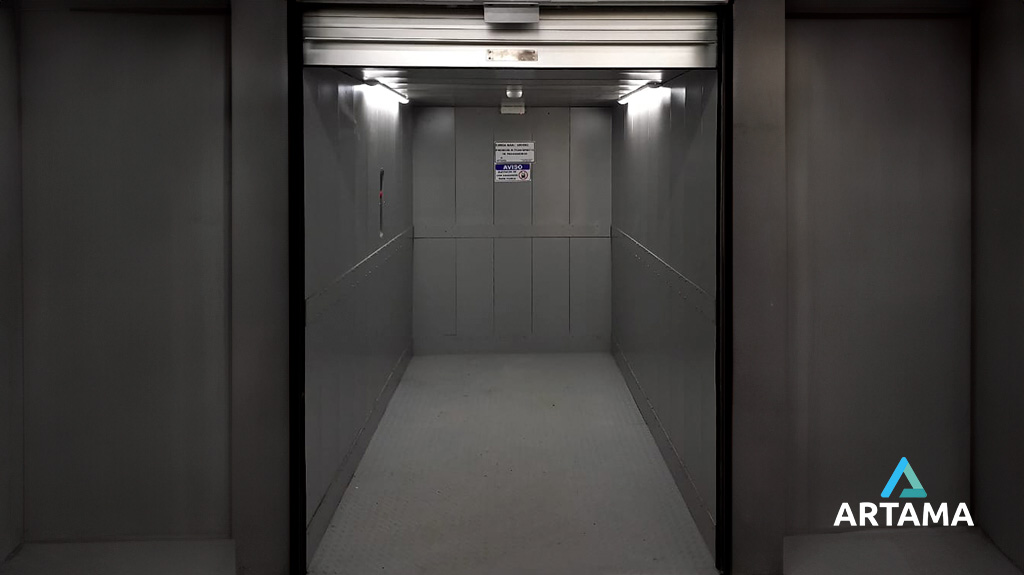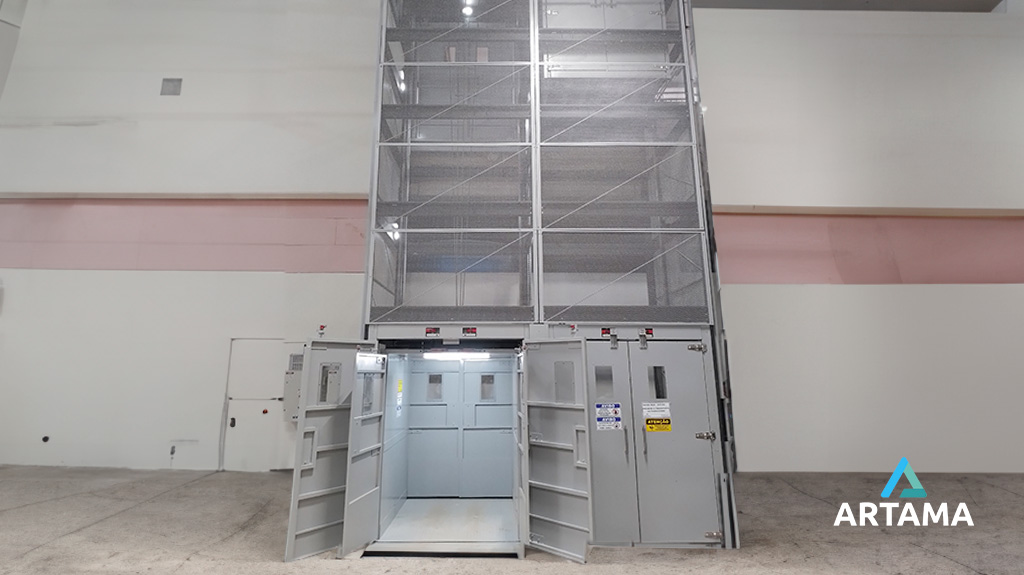Switzerland, Denmark, Austria, the United Kingdom, and Canada—do you know what these countries have in common? They are leaders when it comes to energy efficiency. But what does that actually mean?

Energy efficiency refers to the optimized and sustainable use of energy, ensuring comfort, health, and safety requirements. It’s a growing topic in society, driven by the increasing awareness of climate change challenges and the need to adopt more sustainable practices in all aspects of our lives.
Energy efficiency goes beyond simply saving energy. It represents a comprehensive approach that brings various benefits not only to the environment but also to the economy and society. The adoption of more advanced technologies and conscious practices can reduce waste, optimize resources, and create a positive cycle for a more sustainable future and development.
In an industrial environment, it is crucial to achieve energy efficiency in your operations, as all costs related to your operations are significant and impact your results at the end of the month. By using equipment efficiently, your results and productivity will be more satisfactory. Therefore, energy efficiency is directly linked to the productivity and costs of your operation.
Moreover, the more efficient use of energy by the industry benefits not only the companies themselves but also the country as a whole. This is because better utilization of energy consumption reduces the need for investments in the construction of new power plants and transmission networks, leading to lower electricity costs, as there is no need to pass these expenses on to consumers.
Another significant impact is the reduction in the prices of products and services since, just like fuel costs, electricity expenses are part of a range of fixed costs that contribute to the price of what we consume.
Finally, energy efficiency helps reduce the risk of blackouts and energy crises.



